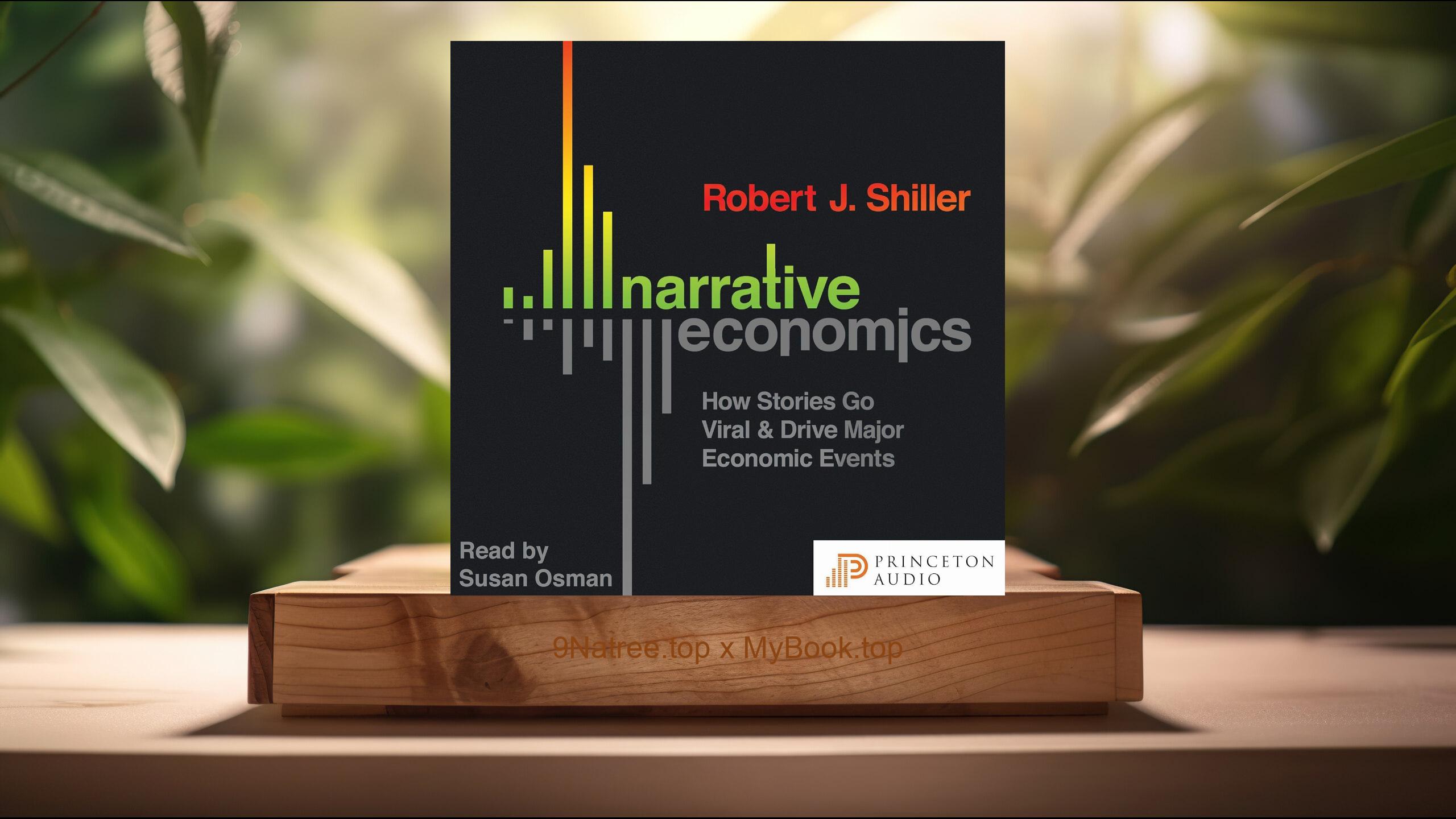Show Notes
- Amazon USA Store: https://www.amazon.com/dp/B09BW1YLV8?tag=9natree-20
- Amazon Worldwide Store: https://global.buys.trade/Economics-The-User-s-Guide-Ha-Joon-Chang.html
- Apple Books: https://books.apple.com/us/audiobook/economics-the-users-guide/id1735591301?itsct=books_box_link&itscg=30200&ls=1&at=1001l3bAw&ct=9natree
- eBay: https://www.ebay.com/sch/i.html?_nkw=Economics+The+User+s+Guide+Ha+Joon+Chang+&mkcid=1&mkrid=711-53200-19255-0&siteid=0&campid=5339060787&customid=9natree&toolid=10001&mkevt=1
- Read more: https://mybook.top/read/B09BW1YLV8/
#EconomicPrinciples #Globalization #EconomicTheories #TechnologicalInnovation #GovernmentRoleinEconomy #SustainableDevelopment #EconomicPolicy #MarketDynamics #Economics
These are takeaways from this book.
Firstly, The Basics of Economics, Chang starts with the basics, explaining the foundational concepts of economics such as supply and demand, markets, and the role of the government. He delves into how these basic elements interact to shape the economy at both a micro and macro level. Through relatable examples and analogies, Chang elucidates how economic forces play out in our daily lives, influencing everything from the price of bread to the availability of jobs. He also challenges common misconceptions about economics being solely about money or markets, highlighting its broader implications on society, culture, and individual livelihoods.
Secondly, Different Schools of Economic Thought, One of the book's core themes is its exploration of the various schools of economic thought, ranging from classical to Keynesian to developmental economics. Chang provides a balanced perspective on each, outlining their primary beliefs, key figures, and how they interpret economic phenomena differently. This section is crucial for understanding the diversity of thought within economics and the significance of considering multiple perspectives when analyzing economic issues. Chang argues that no single school has all the answers, encouraging readers to adopt a more nuanced, critical stance towards economic policies and theories.
Thirdly, Globalization and International Trade, Chang dives into the complexities of globalization and its impact on economies worldwide. He discusses the benefits and drawbacks of international trade, the role of corporations and governments in shaping global trade policies, and how these policies affect local economies and individual livelihoods. This discussion is particularly relevant in today's interconnected world, where debates over trade agreements and economic sovereignty are pervasive. Chang advocates for a balanced view on globalization, recognizing its potential to generate wealth while also acknowledging the challenges it poses to equitable economic development.
Fourthly, Technology, Innovation, and Economic Growth, Technology and innovation are central to Chang's analysis of economic growth. He examines how technological advancements drive economic development, the role of government and private sector in fostering innovation, and the implications for job markets and income inequality. By highlighting successful case studies alongside cautionary tales, Chang offers insights into managing technological change in a way that promotes sustainable growth and minimizes negative social impacts. This discussion is particularly pertinent in an era characterized by rapid technological evolution and its disruptive effects on traditional industries.
Lastly, The Role of the State in the Economy, Chang presents a compelling case for the active role of the state in managing economic activities. Through historical examples and contemporary analysis, he challenges the neoliberal doctrine of minimal government intervention, advocating instead for a balanced approach where the state plays a crucial role in regulation, investment in public goods, and social welfare. Chang argues that effective economic management requires a partnership between the state, the market, and civil society, emphasizing the importance of government policies in addressing market failures, promoting equality, and ensuring sustainable development.
![[Review] Economics: The User's Guide (Ha-Joon Chang) Summarized](https://episodes.castos.com/660078c6833215-59505987/images/1978343/c1a-085k3-5z128mxncnk3-zflwu3.jpg)




